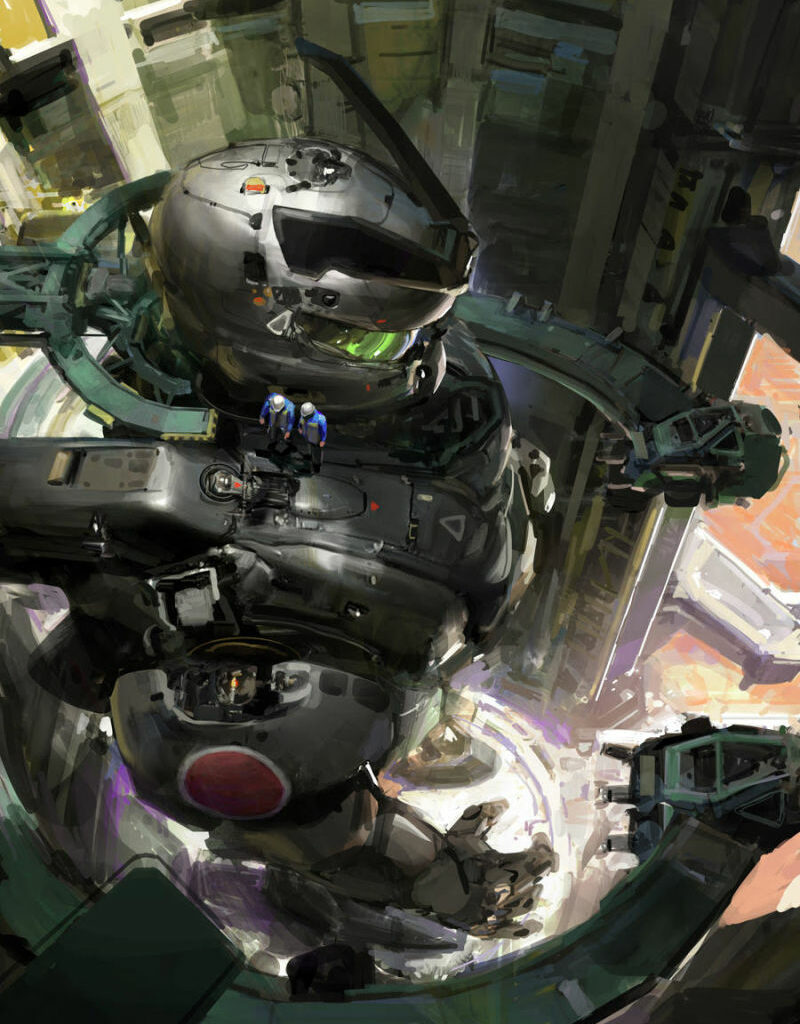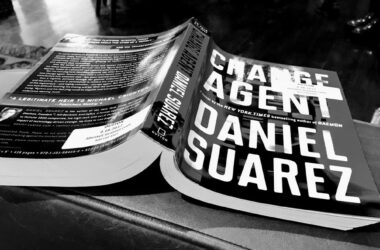What if World War 2 went differently?
Turns out, there isn’t much media that explores an Axis victory; following history and having the “good guys” prevail is a powerful narrative hook. Off the top of my head, the only stories I can think of are The Man in the High Castle and Wolfenstein: The New Order. Add United States of Japan to that short list.
United States of Japan (USJ) is a book that imagines America being taken over by Japan after a Japanese victory in the Pacific. It imagines US-centric culture mostly wiped out, replaced by something that takes bits and pieces of modern Japanese culture, even though the book itself is set in the 80s. In particular, USJ-the-place offers advanced mobile devices, giant mecha, and amazing developments in medicine and healing/augmenting the human body.
At the same time, the world is absolutely brutal, and I think unnecessary so for the story it’s trying to tell. As you may guess, the imperialist pre-WW2 Japanese government has taken full reign of North America, and all allegiance is sworn to the emperor, enforced by his secret police. Their attitudes and behavior follow the dystopian police state trope: citizens have their lives turned upside-down if they attract the attention of the police, the officers are cruel, and employ various forms of torture and dismemberment in the abuse of their powers. It’s almost like an R-rated version of 24, with the gore ratcheted up even higher for shock value.
I tend to like sci-fi fantasies—especially if they base themselves off of the real world, with alternate history framing—that dig deep at the parts which are unfamiliar; that’s how their worlds capture the imagination and invoke a true sense of “what if?” throughout the main storyline. USJ, though, doesn’t really get there; it reminds me a little of Ready Player One, and I’m similarly disappointed in both. And while the USJ author does profess to doing some research on Japan for the book, it comes off as shallow and pandering to an audience who’d be unfamiliar with anything other than those elements from an American perspective anyway.
For instance, the book has these porticals which sound like better smartphones, with VR and advanced game-playing capabilities available on the fly. There are anime-inspired mecha, piloted by anywhere from 1 to 100 people at a time1. People are forced to adopt Japanese names, but that seems to be the brunt of the forced cultural assimilation; even the locales they visit reflect American norms. Its alternate history is even worse: the author just reversed a couple of American WW2 events and called it a day. Having America “win” Pearl Harbor and having Japan drop atomic bombs on American cities makes no sense, from either a technological or strategic standpoint.
United States of Japan is not a terrible book, but it misses on most of the things I like in science fiction. It does, however, carry itself as the literary equivalent of a summer blockbuster, and with those expectations, USJ can be an enjoyable romp.
Pacific Rim, while cheesy, was at least internally consistent with its pilot configurations.↩




